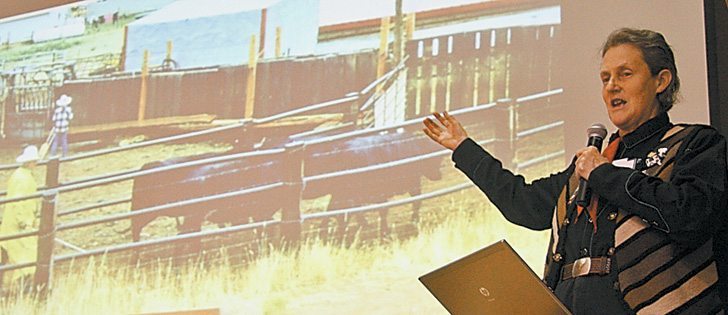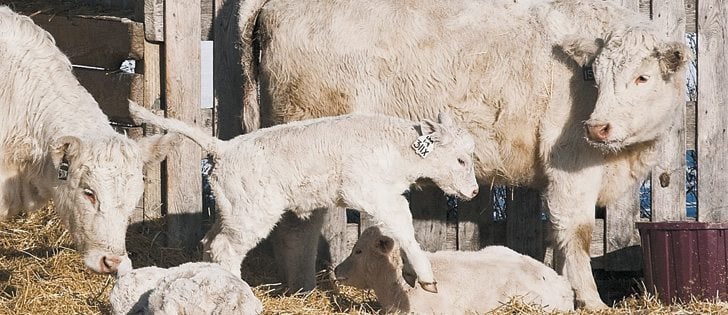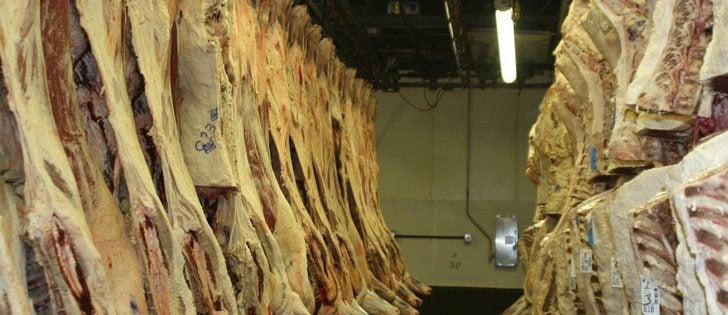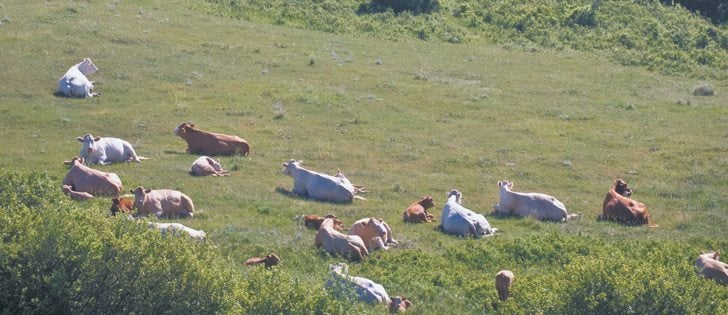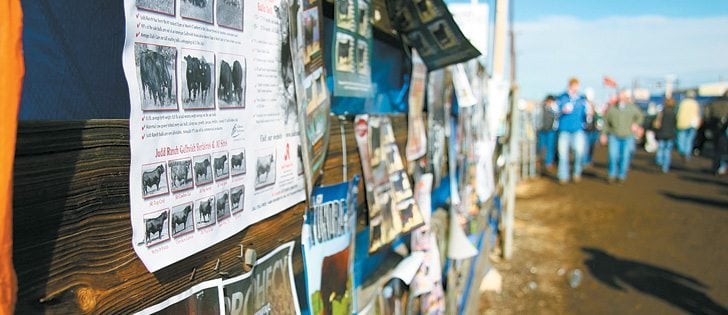EDMONTON – Alberta Beef Producers has cut $1 million from its budget to help build a nest egg for the coming year when the group’s mandatory checkoff becomes voluntary, making income unpredictable.
ABP chair Rick Burton said it wasn’t easy making cuts from the $8 million budget set aside for next year.
“We started at the top and worked down. We were able to find $1 million but had to go through that column several times,” said Burton.
Starting April 1, 2010, cattle producers can ask for a refund of their $3 mandatory checkoff and ABP is uncertain how it will affect its budget.
Read Also

Beef cattle more prone to trace mineral deficiencies
The trace mineral status of our cows and calves is a significant challenge for western Canadian producers and veterinarians.
In the 2009-10 budget, ABP estimated it would take in $12 million on sales of four million cattle. Of that money, $4 million goes directly to the national cattle agencies for national and international promotion and sales, leaving the provincial group with $8 million.
With the budget revised to $7 million, gone is $200,000 set aside from the national program for legal fees. Also cut is $225,000 for national advocacy and federal lobby programs.
Money for provincial partnership projects has been cut to $100,000. Sponsorship programs have been reduced to $20,000 from $60,000. The promotions and research committees have each had their budgets reduced by $100,000 to $465,000.
Other committees like environment, cattle feed, cow-calf, cattle industry and animal health have been reduced by almost $200,000. Office, legal and administration budgets have been reduced by more than $90,000.
“We can no longer continue to be all things to all people,” said Burton.
Doug Sawyer, ABP finance chair, said the group tried to cut $2 million from the budget, but couldn’t make cuts deeper.
Instead of depositing $1.5 million into the $3.5 million in the Trade Advocacy Reserve Fund designed for fighting international trade challenges, it will deposit $500,000.
Kelly Olson of Athabasca said he was opposed to using money earmarked for the fund, which was started as a nest egg to fight trade challenges.
“If we get a trade challenge, we need that money,” he said. “If we went to a trade challenge, we’d look pretty foolish if we spent it on programming.”
Delegate and feedlot operator Stuart Thiessen said under new provincial legislation, Bill 43, trade challenges are no longer the sole responsibility of ABP.
Sawyer said because revenue is so uncertain, ABP wants to have $5 million built up by year end. A $3 million planned surplus for this year will also be rerouted to next year’s budget.
“We have no idea where we stand. We have no idea the ramifications that Bill 43 will have on us,” said Sawyer.
Delegates at the semi-annual meeting voted to use only money saved from previous years for upcoming budgets.
“In my view it’s the most prudent thing to do,” said Sawyer.
The proposed 2010-11 revenue is projected at just over $6.1 million, assuming about 50 percent of producers ask for a checkoff refund. The 2011-12 estimated revenue is $5.4 million.
About $1.5 million will be directed in upcoming budgets to the Canadian Cattlemen’s Association for national programs.
Its estimated checkoffs from the 20 largest feedlots account for 30 percent of ABP’s $12 million revenue. ABP officials are worried some feedlot producers will ask for a refund or redirect it to other cattle organizations.
But John De Groot of Vauxhall said not all feedlot operators disagree with ABP or are willing to redirect money to fledgling cattle groups.
“Not every feedlot in the province is going to pull their $3 checkoff out,” he said.
Ted Ford of Fawcett said ABP fought with the government on Bill 43 and lost. With a potentially smaller budget, he said ABP needs to focus on what the organization does well, specifically policy and lobbying.
“We can’t spread it too thin or you accomplish nothing,” said Ford.



